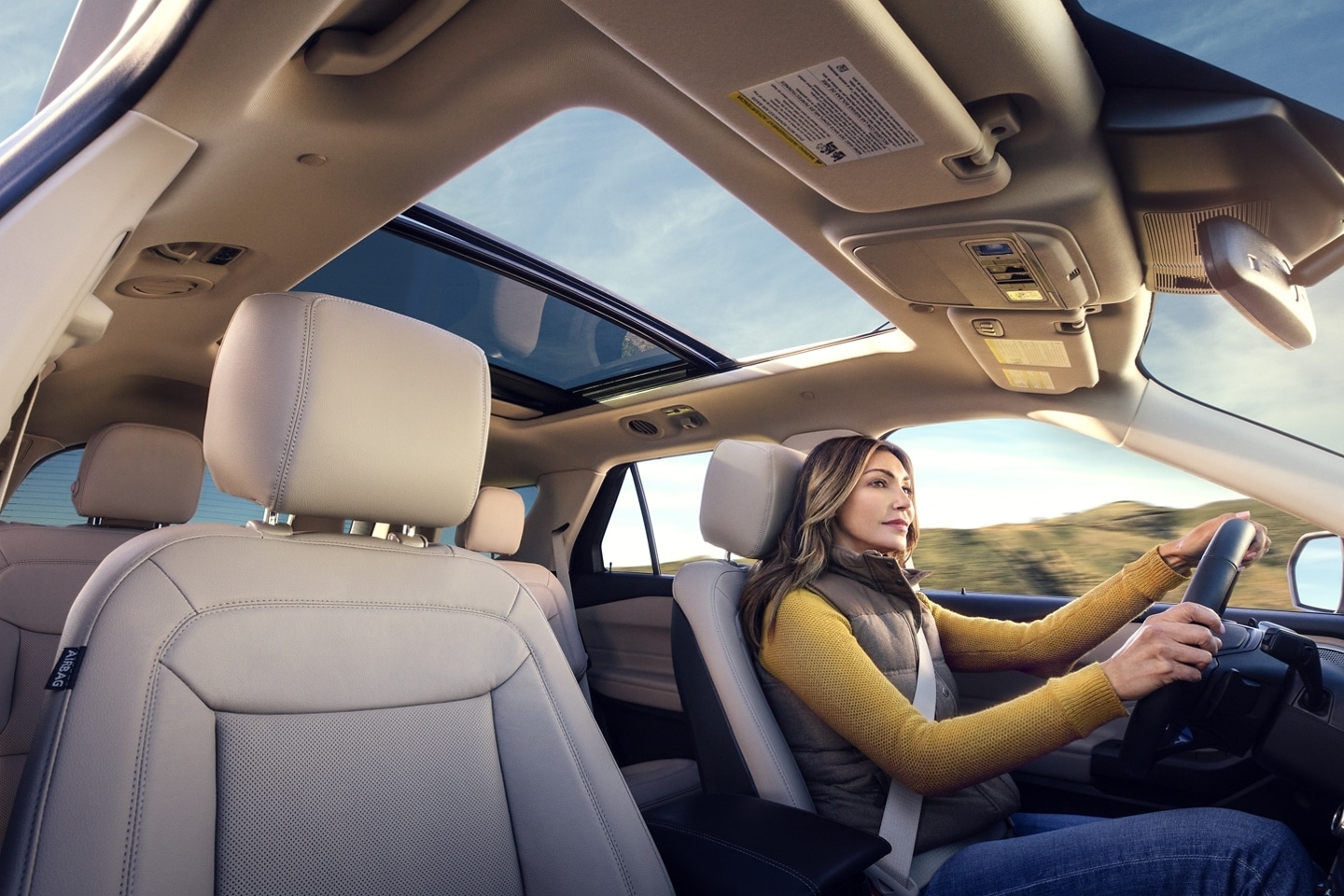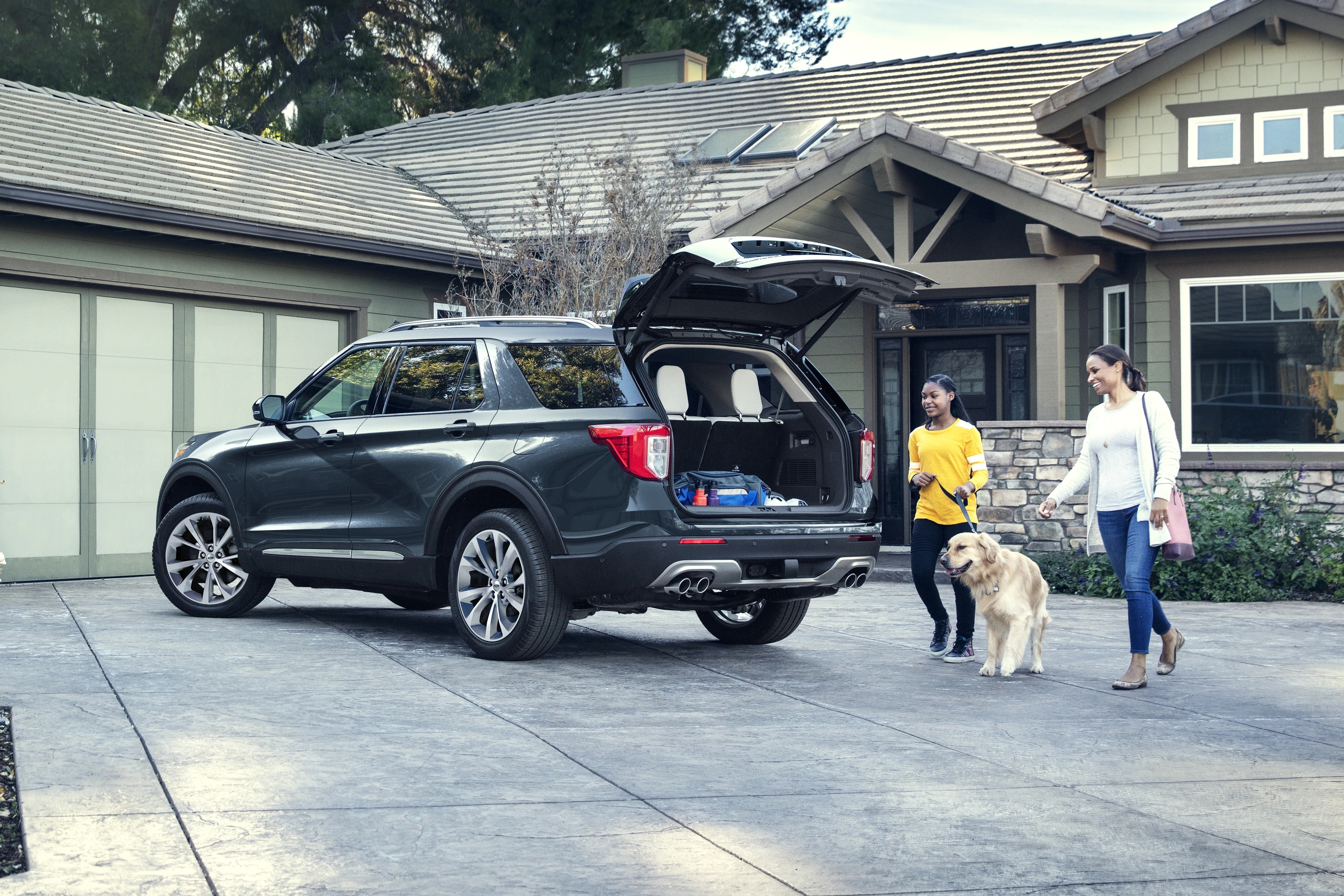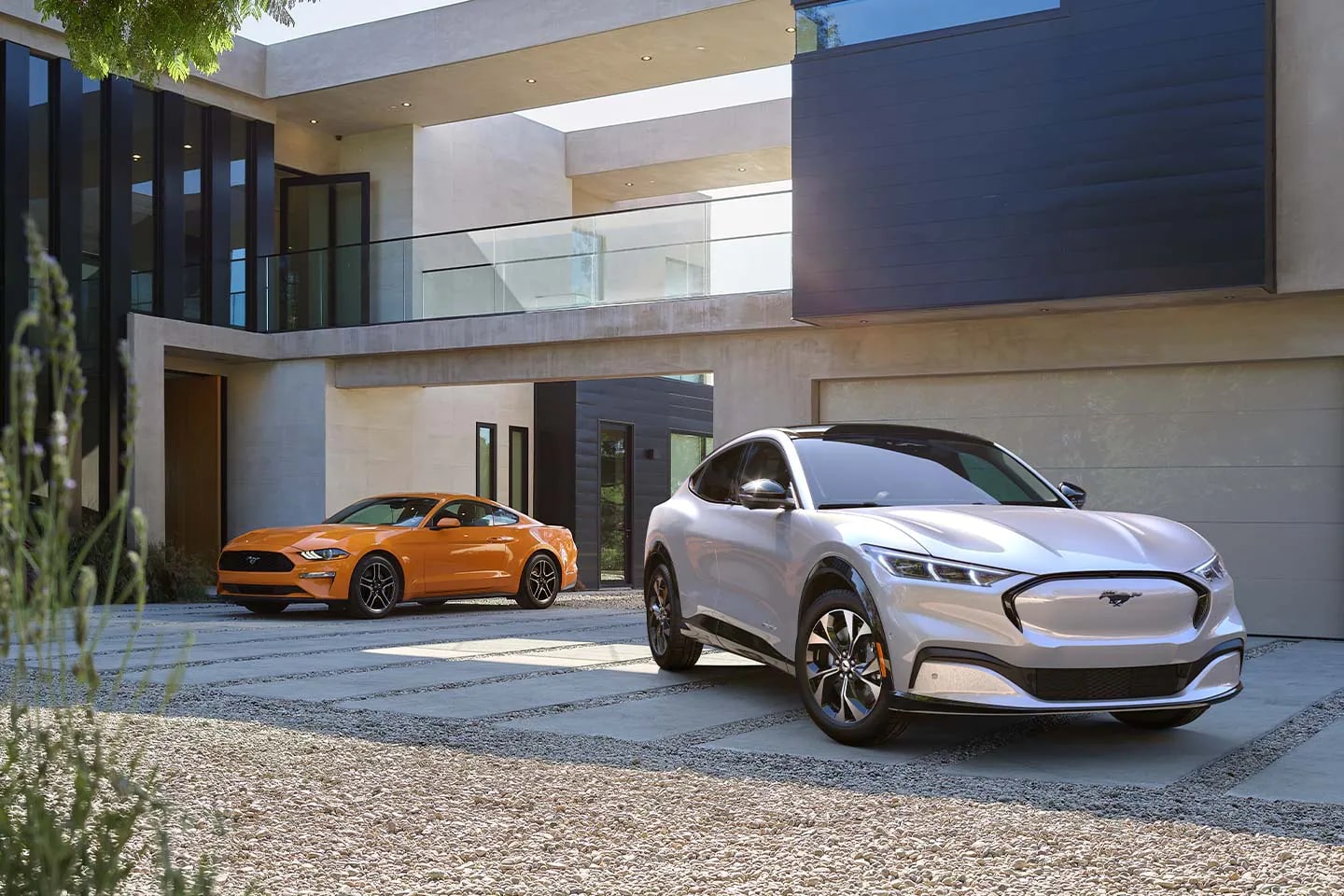
We're Here To Help You Get The Vehicle You Want With Financing That Fits Your Needs
Below are a few finance terms and some frequently asked questions regarding purchasing and/or leasing a vehicle. Louisburg Ford works with all types of credit from good to bad. The Finance Professionals at Louisburg Ford believe they can get an auto financing approval for just about anybody. Get Pre-Approved today for a new Ford lease or auto financing at Louisburg Ford or use our secure online Credit Application to get the car buying process started with a pre-approved car loan.
Auto Finance Terms
Vehicle Price - This figure represents the vehicles sticker price or negotiated price, this is the price that the seller and buyer have agreed upon for purchase of the car. This figure does not include sales tax or the cost of financing the loan.
Monthly Payment - This figure represents the amount the borrower is responsible for on a monthly basis. When allocating a budget for a monthly auto loan payment, a purchaser should also consider auto insurance, repairs, maintenance, and fuel costs.
Down Payment - This figure represents the amount a purchaser is going to pay at the time of purchase. The higher the down payment amount, the lower the amount of interest the purchaser will pay over time.
Trade-In Value - This figure represents the value of your current vehicle, minus the amount you still owe on its loan, if any. To find your vehicles Trade-In Value simply select your vehicle from this page, and subtract any outstanding loan balances from that value.
Interest Rate - This is the rate at which you will have to pay back additional funds for the use of money lent to you. Interest Rates are calculated based off of borrower's credit scores, and the amount of money being lent. To minimize the amount of interest paid, increase the amount of your down payment and increase your monthly payments when possible.
Loan Term - This is the amount of time a loans repayment is scheduled over. Typically a longer loan term means a buyer will have a lower monthly payment, but will pay more in interest over time.
Sales Tax - Depending on the state you are buying a new car or a used car in or even leasing it, you may have to pay state sales tax. Keep in mind trading in your existing car may reduce the taxable amount as well. Also, some states compute your sales tax before a rebate or incentive is applied to the purchase price and other states figure it afterwards.

What Determines My Credit Score?
When you're buying or leasing a vehicle, a lot rests on your credit score. This often mysterious number heavily influences your financing options and how much you'll ultimately pay for the vehicle you bring home. Knowing what factors influence your credit score will allow you to take steps to improving it before your next vehicle purchase or lease.- Payment History
This makes up a large portion of your score. Making payments on your credit cards, bills and loans on time will positively impact the score, whereas late payments negatively impact it. - Debts Owed
You want to owe less money on credit cards, student loans, car loans, and such; high amounts of debt negatively impact your score. - Credit History Length
The longer you've had lines of credit open and regularly utilized them, the better. New credit accounts lower your average history length and thus lower your score. - Types of Credit
Having a mix of credit can give a small boost to your score

Are Monthly Payments Necessary?
Unless you're in the position to pay cash for a new or pre-owned vehicle, you'll need to establish a payment plan to obtain that vehicle. Two options exist--taking out a loan or leasing.

How are loan rates determined?
The size of monthly loan payments depends on the amount borrowed, the length of the loan, the interest rate and other factors such as your credit history. Paying more money initially lowers the principal of the loan, thus reducing individual payments. At any period during the loan you may opt to pay off the principal in its entirety, at which point the title of the vehicle is transferred to you.

Do all auto loans require a down payment?
Down payment amounts may range between 10 to 20 percent of the vehicle's total cost, although some purchases require no down payment. A typical loan period is five years with an annual percentage rate around 6 to 8 percent. Some manufacturers offer lower rates, but be sure to investigate any associated conditions or clauses.
Are loans available for used vehicles?
Yes, although they function somewhat differently from new car loans. A down payment of 20 percent or more is often required and the interest rate can be a point or two higher. Understandably, banks are more hesitant to loan money for used car purchases, as they would rather own a newer car if the borrower defaults. However, the market is full of good used vehicles, many of which are created by short term leasing.
Can extra fees and charges be financed?
Yes, registration, taxes, extended service plans and other supplemental charges may be included in the financing plan.
What are the other virtues of a loan?
Loans are also sensible for those who want to customize their vehicles, plan on keeping their cars for long periods of time and plan to re-sell their vehicles to help recoup the costs of ownership or expenses of additional cars. For those who quickly wear vehicles out, loans may be safer bets as lessors often add "excessive wear" charges if the car is returned with wear over the limits established by the contract.
How Do Loans and Leases Differ?
When you take out a loan, all the money used to pay it off applies to your eventual ownership of the vehicle. The initial down payment and principal on the loan cover the total cost of the purchase. Lease payments, however, apply only to the use of the vehicle. The total sum of payments covers the vehicle's depreciation over the time you drive it and is usually less than the outright price of the vehicle.

What are the Advantages of Leasing?
Low monthly payments: Instead of paying the full life value of the vehicle, the lease customer pays only the value of the vehicle used over the lease term.
- Low initial cost: Leasing often requires no down payment. At lease inception the lessee is required to pay the first monthly payment and a security deposit, if required, equal to about one monthly payment.
- Shortened trading cycle: The customer may choose to get a new car more often with leasing. In addition, to achieve the same payment on retail financing as compared to a short-term lease requires a much longer retail financing term.
- More car: Leasing is popular because customers may be able to drive more car for their monthly lease payment. Instead of settling for the car they can afford with a long-term retail financing payment, customers may choose to upgrade for nearly the same payment and get the car they want through leasing.
- No trade-in hassles: The lease-end residual value is established at the beginning of the lease and is often referred to as a "guaranteed future value." Ford Credit assumes the risk that the vehicle will be worth the lease-end value. The lessee is never "upside down" at the end of the lease due to a weak used car market because they don't take on this risk.
-
Louisburg Ford
111 Fairlane Dr
Louisburg, KS 66053
- Sales: (913) 837-4311